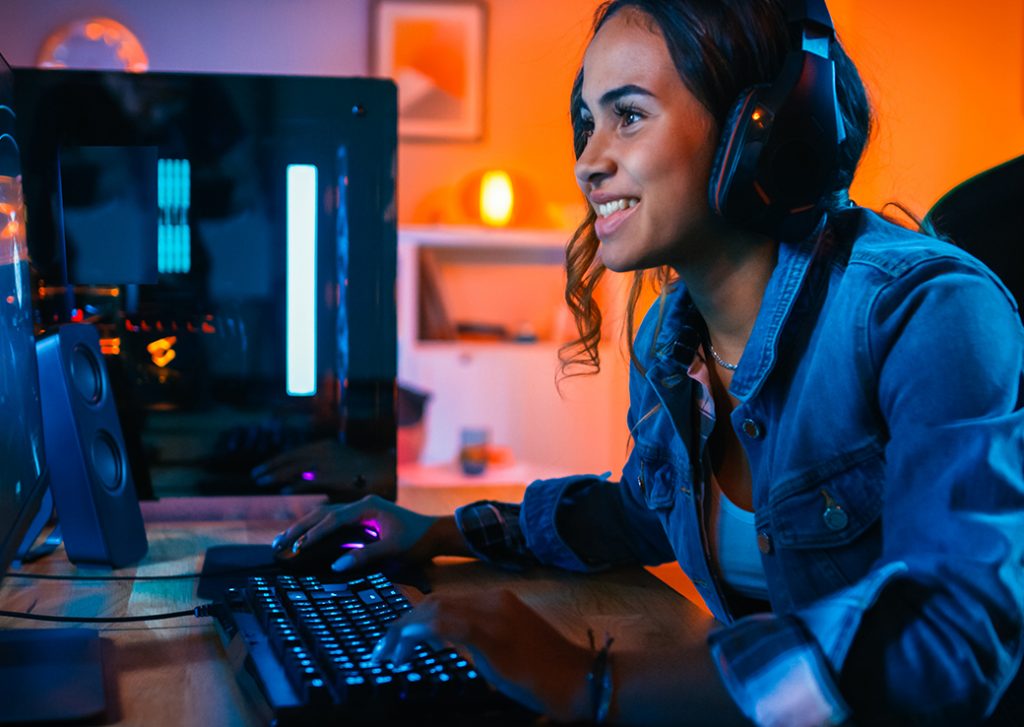Gamers who lack real-life support often seek advice from online peers

Tyler Prochnow, social network analysis expert in the Department of Health and Kinesiology, and his team are investigating the networks established through online gaming sites and their possible association with depressive symptoms (DS) and social support.
In this study, Prochnow focuses on an online football game simulation, monitoring the conversations between 40 participants to see if they talked about DS, lack of in-real life support (IRL), or other important life matters.
“The game is all online and text based, and it assesses how individuals are communicating with one another, whether that be meeting each other, discussing things online, reaching out to each other for in-game help, or for help with real life issues,” Prochnow says. “We wanted to see how this communication impacted their feelings of support, their sense of community online, but also their depressive symptoms and their mental health.”
He says individuals who are lacking IRL support are more likely to reach out to others in online gaming situations. These connections through online gaming appear to possibly supplement support from other areas.
When gamers choose to confide in individuals online about a difficult situation, they are often seeking unprejudiced or unemotional advice about what they should do, because they’re not completely tapped into a social circle.
Oftentimes these online relationships have developed over years of time, therefore it creates this sense of safety and trust for individuals to share information that they might not share to people in their outside life.
Overall, Prochnow explains, there is a clear correlation between real life support and mental health. The lack of in person interaction is associated with lower mental health and lower depressive symptom scores.
Even when gamers felt that they created a strong online support system, it does not supplement their in-person interactions. However, there are also a lot of positives for gamers seeking connection on video gaming sites.
He explains that these online gaming networks give individuals an outlet for when they need advice or someone to reach out to. With the stigma on mental health and gaming, it is important that people feel they have a safe place to seek help or connection.
“My advice for individuals in the gaming community would be don’t hesitate to make some of these stronger connections to facilitate conversations online, because if you are thinking about asking someone for help or thinking about talking to someone online about some of these things, chances are, they might be as well,” Prochnow says.

